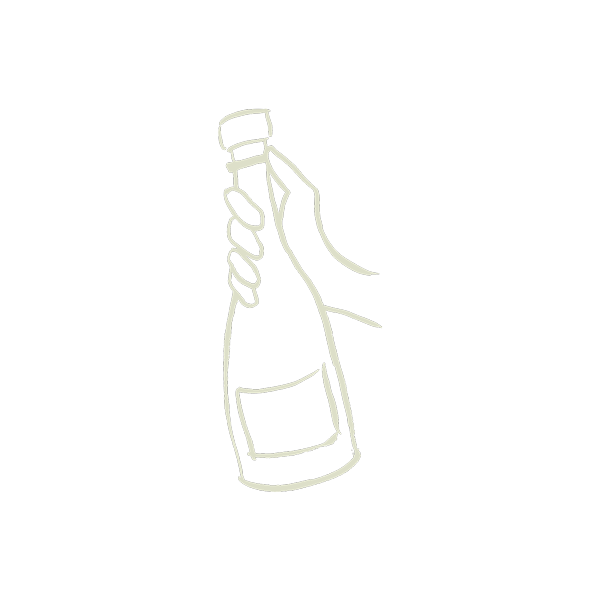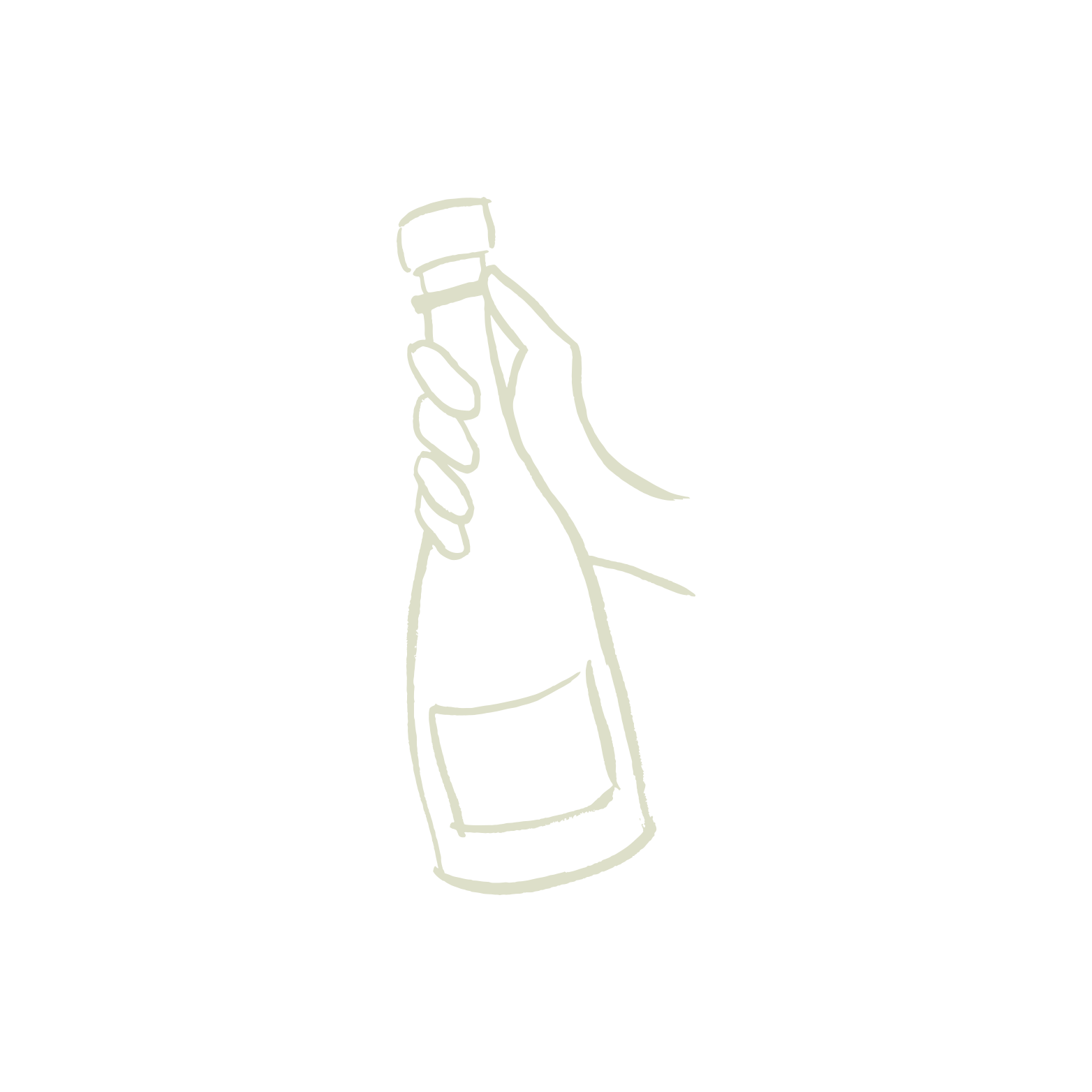Meet the Grower: Champagne Fleury

In a small, unassuming village tucked away in Aube, one family of Champagne growers has quietly, through the generations, revolutionized grower Champagne as we know it today. Courteron may only have a population of 102, but the innovations made by its longtime residents, the Fleury family, have had an enormous impact on all of Champagne. The story of Champagne Fleury is a testament to the importance of creativity, determination and curiosity and the idea that big things often have small beginnings.

Champagne Fleury circa 1905
In the heart of southern Champagne in Aube’s Côte des Bar, Emile Fleury founded his family estate in 1895. Building his business, he began cultivating Champagne grapes in vineyards nestled into the sunny slopes of the Seine River valley. He sold these grapes to the big Champagne houses, who were eager to buy the high-quality fruit grown from plots packed with nutrient-rich, clay-limestone soil. At that time, phylloxera, a blight of vine-eating aphids, was among the biggest threats to business, and it was only a matter of time before the infestations that were sweeping French wine country arrived in Champagne. Phylloxera came in with a vengeance, decimating vineyards across Champagne beginning in the 1870s. In 1901, Emile was the first grower to graft French pinot noir onto aphid-resistant rootstock from North America, thus erecting the first real defense against the devastating disease. Word spread, and soon growers across Champagne followed suit.
A few decades later, France fell into an economic depression with exports (especially for luxury items like textiles and Champagne) falling sharply from 52 billion in 1929 to just 20 billion a mere three years later. To solve the problem of a plummeting demand for his grapes, Emile’s son Robert Fleury made the decision to pivot from selling grapes to the big houses to making his own Champagne from the grapes he grew. That bold leap of faith placed him among a group of the first ever Champagne grower-producers to operate in the Aube.

Third generation vigneron Jean-Pierre Fleury tends his certified biodynamic vineyards, the first in Champagne, in the village of Courteron.
As a young winemaker, Robert’s son Jean-Pierre Fleury began to question the use of chemicals on his family’s estate and their harmful effects on both humans and the land. He read books like Rachel Carson's "The Silent Spring" that warned of the effects of pesticides on the environment. During this time, he also traveled to Japan where he became fascinated by the relationships between the earth and the sky. Inspired by his studies and experiences, he made a commitment to improve the quality of his vineyards by switching to more natural and earth-friendly methods of farming and cultivation. In 1989, Jean-Pierre Fleury became the first grower to begin using such biodynamic practices as manual tilling and composting in his vineyards. And by 1992, he had converted the entire 15-hectare estate to certified biodynamic.

Today, Jean-Pierre’s three children and fourth generation winemakers Jean-Sebastien, Morgane and Benoît Fleury continue the family tradition of experimentation and a love of their land. Jean-Sebastien created the domaine’s first sulfite-free wines and is in charge of commercial exports. Benoît is looking at novel ways to cultivate the vines in a changing climate. And Morgane is promoting her family’s products as a brand ambassador throughout Europe.

When fatcork founder Bryan Maletis visited Champagne in January 2024, he and general manager Iza Feyeux got to peek at the daily journals Jean-Pierre Fleury kept from 1958 to 1982 (above). The vigneron recorded everything from weather and vineyard conditions to cellar tastings and observations he made about the different stages of his cuvées.
And after tasting their wines, It was clear to Bryan and Iza that this historic estate, Champagne Fleury, would be the perfect fit for expanding fatcork’s grower Champagne portfolio. The wait is finally over, and Champagne Fleury has arrived in the cave!
Blanc de Noirs Brut - $89
Formulated in 1955 by Robert Fleury, this elegant, fresh cuvée is the perfect fit for your fall food favorites.
Geeky details: 100% pinot noir / 50% vin de réserve, 35% 2020 vintage, 15% 2021 vintage / disgorged January 2025 / 3.4 g/l dosage
Fleur de L’Europe Brut Nature - $95
The first-ever biodynamic grower Champagne, this cuvée was formulated in 1989 to honor the fall of the Berlin Wall.
Geeky details: 85% pinot noir, 15% chardonnay / 66% 2018 vintage, 34% vin de réserve / disgorged April 2025 / 0 g/l dosage
Cépage Blancs Brut Nature 2012 - $138
The first-ever biodynamic grower Champagne, this cuvée was formulated in 1989 to honor the fall of the Berlin Wall.
Geeky details: 85% pinot noir, 15% chardonnay / 54% 2017 vintage, 46% vin de réserve / disgorged July 2023 / 0 g/l dosage
Rosé de Saignée Extra Brut 2018 - $89
This exceptional rosé de saignée eschews opulence in favor of a more elegant, delicate appeal.
Geeky details: 100% pinot noir / 2018 vintage / disgorged January 2023 / 3.4 g/l dosage
Notes Blanches Brut Nature 2016 - $145
This rare pinot blanc cuvée features a forward, luscious charm and distinctly expressive terroir.
Geeky details: 100% pinot blanc / 2016 vintage / disgorged December 2022 / 0 g/l dosage
Millésime Extra Brut 2010 - $168
Fleury’s first vintage release of this cuvée since 2004 is perfect now or in the years to come.
Geeky details: 80% pinot noir, 20% chardonnay / 2010 vintage / disgorged January 2023 / 3 g/l dosage
Shop all Champagne Fleury




Fatcork founder Bryan Maletis and general manager Iza Feyeux took the photos above during their visit to Champagne and the Fleury estate in January 2024. They knew right away that they needed to bring Champagne Fleury to the fatcork cave.

